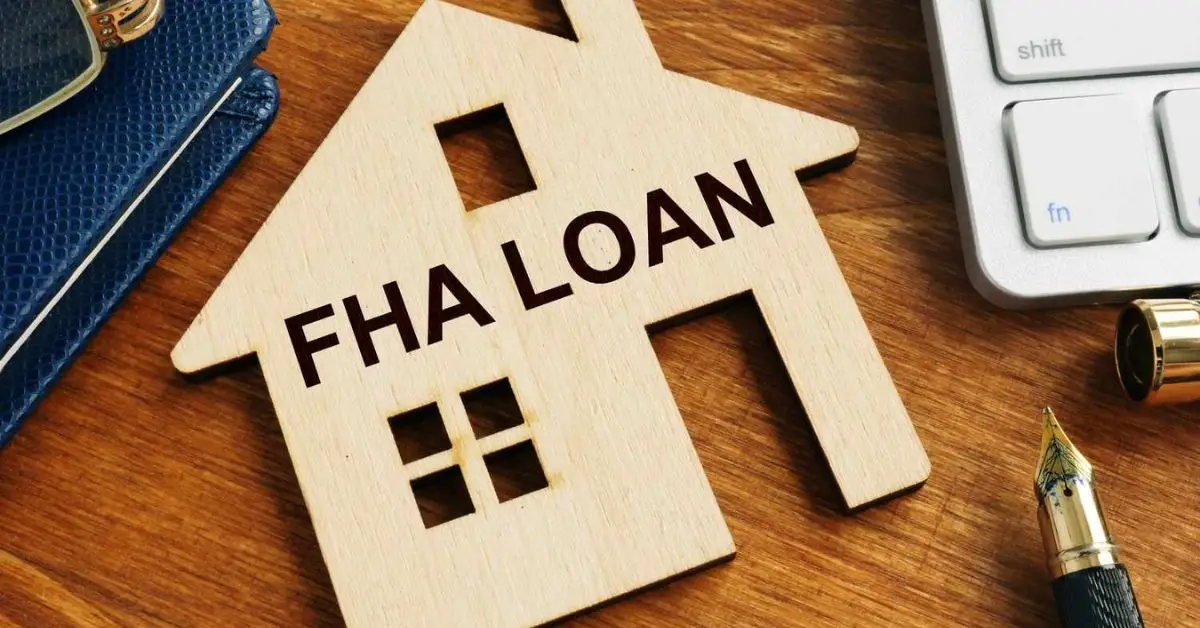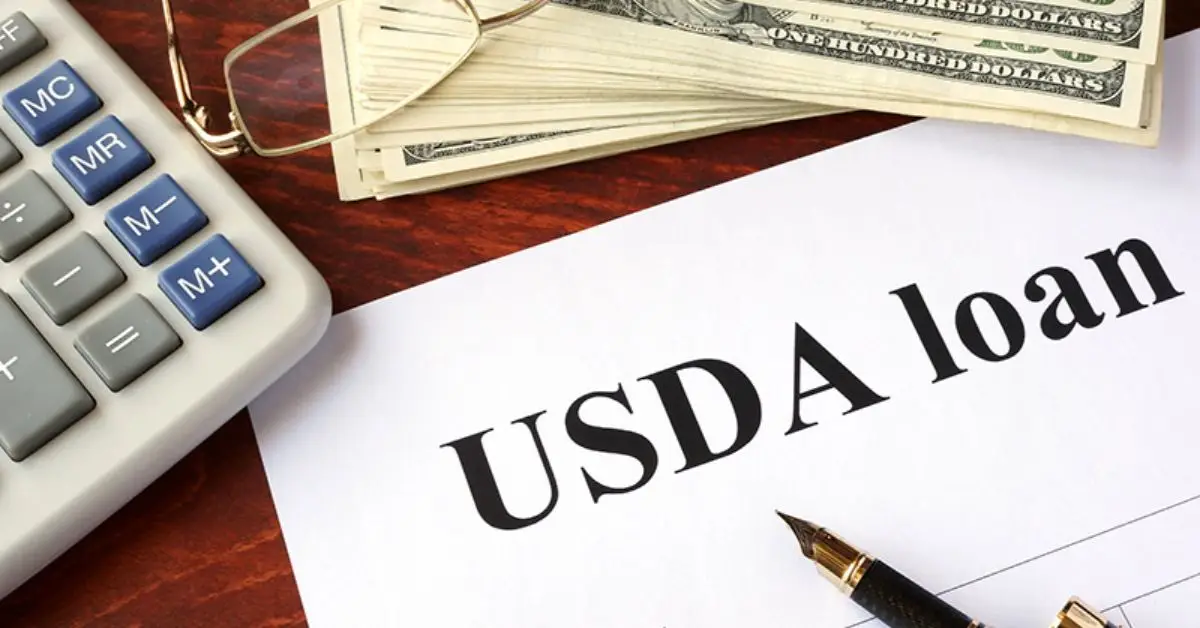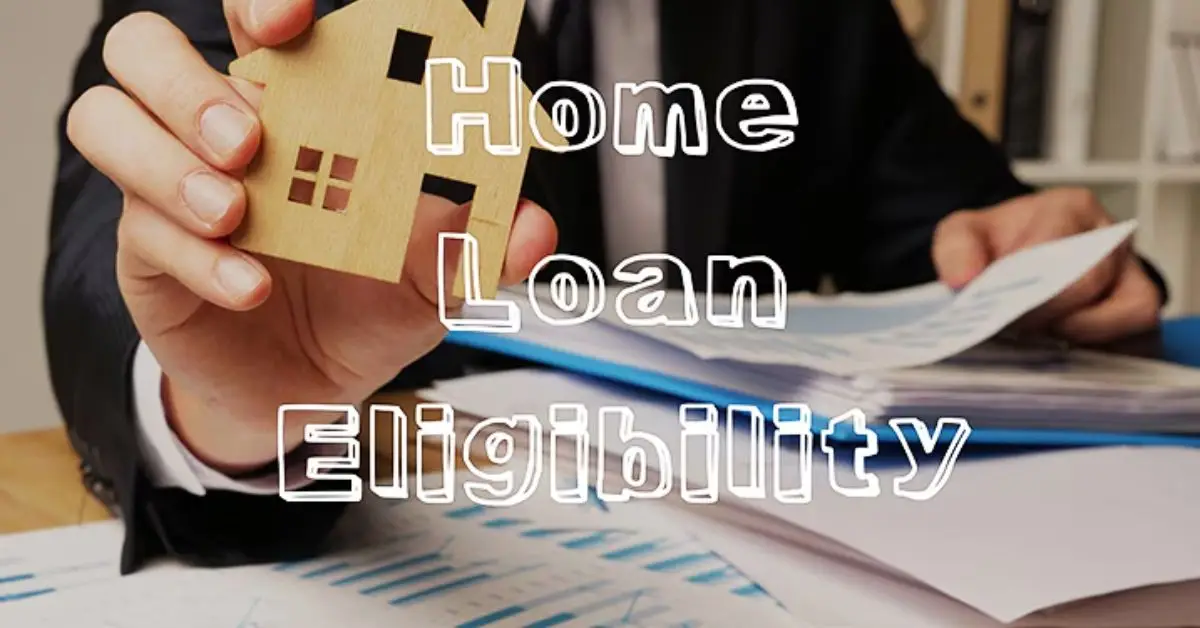The Best 5 Home Loan Options for First-Time Buyers in 2025
Buying your first home can feel like stepping into a whole new world — exciting but also a bit overwhelming. Especially when it comes to picking the right loan, it’s easy to get lost in jargon and fine print. But here’s the thing: the loan you choose today will shape your financial life for years to come.
In 2025, the housing market is shifting. Interest rates are bouncing around, and new loan programs keep popping up. That’s why understanding your options isn’t just smart—it’s necessary. You deserve a loan that fits your unique situation, not a one-size-fits-all deal.
In this article, I’ll walk you through the top five home loans every first-time buyer should know about right now. No fluff, just clear facts and practical advice to help you feel confident about your next big step. Ready to dive in?
What Are First-Time Homebuyer Loans? (Definition & Basics)
When you’re about to buy your first home, understanding the basics of loans is a must. It’ll help you feel confident and avoid getting overwhelmed by complicated terms.
So, what exactly are first-time homebuyer loans? Simply put, these are special loan programs designed just for you—someone buying a home for the very first time. Unlike regular home loans, these come with perks that make it easier for you to become a homeowner—like lower down payments, flexible credit requirements, and often government support.
For example, while a traditional loan might require 20% down and a high credit score, you can find first-time buyer loans that let you put down as little as 3%—sometimes even zero. Plus, many of these loans come with extra help like education programs or grants to guide you through the process.
I know there are lots of myths out there, like “You need perfect credit” or “All loans are the same”—but that’s not true. You don’t need perfect credit to qualify, and the right loan can save you thousands over time. That’s why it’s so important for you to really understand how these loans work and which one fits your unique needs.
Deep Dive: Top 5 Home Loans for First-Time Buyers in 2025
This is where you’ll get the real, detailed info on the best loan options out there. I’ll break down each loan’s eligibility, benefits, and downsides so you can make an informed choice without confusion.
1. FHA Loan (Federal Housing Administration)
The FHA loan is a popular choice if you’re worried about your credit score or saving a big down payment. Here’s what you need to know:

- Eligibility criteria: Typically, you need a credit score of at least 580 to qualify for the low down payment option (3.5%). If your score is between 500 and 579, you might still qualify but with a higher down payment (10%).
- Interest rates & down payment: FHA loans often come with competitive interest rates and require as little as 3.5% down.
- Pros: This loan accepts lower credit scores than many conventional loans and is backed by the government, which offers extra security for lenders and borrowers like you.
- Cons: You’ll have to pay a mortgage insurance premium (MIP) both upfront and annually, which can add to your monthly costs.
For full details on FHA loans, you can check HUD.gov — the official source.
2. Conventional 97 Loan

This loan stands out because it lets you put down as little as 3% while still being a conventional mortgage—not government-backed like FHA.
- What makes it different: Unlike standard conventional loans requiring 5% or more down, the Conventional 97 loan targets first-time buyers ready to make a smaller down payment but with decent credit.
- Eligibility & credit score: Typically, you’ll need a minimum credit score of around 620. Lenders look for steady income and good financial habits.
- PMI explained: Since your down payment is under 20%, you’ll pay Private Mortgage Insurance (PMI). The good news? You can remove PMI once your loan-to-value hits 78%, saving you money later.
- Pros: Lower down payment than regular conventional loans, no upfront mortgage insurance fee, and faster PMI removal compared to FHA.
- Cons: You’ll need stronger credit than FHA, and PMI can add to monthly payments initially.
3. USDA Loan (U.S. Department of Agriculture)
If you’re open to living outside big cities, the USDA loan might be your best friend. It’s designed specifically for rural and some suburban areas.
- Who qualifies: You need to buy a home in an eligible rural area, which USDA defines broadly but excludes major metropolitan zones.
- Income limits & property restrictions: USDA loans are for buyers with moderate incomes, usually capped at about 115% of the area median income. The property must meet certain standards too.
- Zero down payment perks: One of the biggest perks is that you can buy your home with no down payment at all. That’s huge when saving cash feels impossible.
- Downsides: The home location limits and income restrictions mean not everyone qualifies. Also, you’ll pay an upfront guarantee fee and an annual fee, which adds to the cost.
According to USDA.gov, USDA loans have seen a steady rise in uptake over recent years, especially with first-time buyers seeking affordable options outside urban centers.
4. VA Loan (Veterans Affairs)
If you’ve served in the military or are an eligible veteran, the VA loan is one of the best deals out there.
- Eligibility: You must meet specific military service requirements, including active duty, veterans, and some reservists.
- Zero down payment & no PMI: One of the biggest advantages is that you don’t need a down payment, and unlike other loans, there’s no private mortgage insurance (PMI). That can save you hundreds every month.
- Special perks: VA loans often come with competitive interest rates and more flexible credit guidelines. Plus, the VA limits closing costs and offers assistance if you run into financial trouble.
- Challenges: This loan isn’t available to everyone—it’s specifically for qualifying veterans and military members, so if you don’t meet those requirements, you’ll need to explore other options.
Veteran financial advisor Sarah Thompson says, “VA loans are a game-changer for those who qualify — they provide unmatched value and security for first-time homebuyers with military backgrounds.” You can find all the official eligibility details and benefits on the VA’s official website.
5. HomeReady & Home Possible Loans

These two programs, offered by Fannie Mae and Freddie Mac, are designed to make homeownership more accessible without government backing.
- Overview: Both loans focus on buyers with low-to-moderate incomes and offer flexible underwriting guidelines.
- Income and credit score: Typically, you’ll need a credit score around 620 or higher, but these programs allow more flexibility than conventional loans.
- Down payment & gift funds: You can put down as little as 3%, and both programs allow gift funds or grants to cover the down payment or closing costs.
- Real testimonials: Many first-time buyers share how these loans helped them step into homeownership with minimal upfront costs and manageable monthly payments.
- Pros: Low down payment, flexible credit standards, and ability to use non-traditional income sources.
- Cons: You’ll still pay PMI until you reach 20% equity, and income limits apply based on your area.
Step-by-Step Guide: How to Apply for Your First Home Loan
This section is your practical roadmap. I know all the loan jargon and paperwork can feel overwhelming, but breaking it down step-by-step will help you feel confident and ready to take action.
- Preparing your finances: Before you even start looking for a loan, focus on improving your credit score and building your savings. A better credit score can get you lower interest rates, and having some savings shows lenders you’re serious and prepared.
- Pre-approval process explained: Getting pre-approved means a lender checks your financials and tells you exactly how much you can borrow. This puts you in a stronger position when you make an offer on a home—and it saves time by narrowing your price range upfront. For a detailed walkthrough on speeding up your pre-approval process and increasing your chances of approval, check out these 7 fast tips to get pre-approved for your first home loan.
- Necessary documents checklist: Be ready with key documents like proof of income (pay stubs, tax returns), bank statements, ID, and employment history. Having these ready makes the process smoother and faster.
- Working with lenders and brokers: You can work directly with banks or mortgage brokers who shop around for the best deals. Don’t hesitate to ask questions, compare offers, and negotiate terms that fit your situation.
- Timeline: from application to closing: Typically, the whole process from application to closing takes 30 to 60 days, but it can vary. Knowing the timeline helps you plan your move and manage expectations.
Tips to Improve Your Loan Eligibility and Approval Chances
These tips give you practical, actionable ways to improve your chances of getting approved with better terms. I want you walking into the lender’s office confident and prepared.

- How to boost your credit score quickly: Simple things like paying bills on time, reducing credit card balances, and disputing errors on your report can make a difference fast.
- Reducing your debt-to-income ratio: Lenders look at how much debt you have compared to your income. Paying down high-interest debt or delaying big purchases can help tip the scale in your favor.
- Saving for your down payment effectively: Setting up automatic savings, cutting unnecessary expenses, or tapping into first-time buyer assistance programs can help you build that down payment faster than you think.
- Avoiding common mistakes during loan application: Don’t open new credit accounts, avoid job changes mid-application, and be honest with your lender. These small missteps can slow you down or cause denial. Avoiding common pitfalls is key, especially if you’re juggling buying and selling at the same time—learn how to steer clear of costly errors in this helpful guide on 8 costly mistakes to avoid when buying and selling your home simultaneously.
- Insights from mortgage experts: Many pros recommend getting pre-approved early and shopping around, because even small differences in interest rates or loan terms can save you thousands.
Common Questions & Misconceptions About First-Time Homebuyer Loans
Clearing up these myths helps you avoid confusion and frustration—plus it keeps you on the right path with facts instead of hearsay.
- Do you really need a 20% down payment? Nope. Many first-time buyer loans let you put down as little as 3%, or even zero in special cases like VA or USDA loans. While loans are the common route, paying cash can sometimes give you a competitive edge—discover why in these 10 reasons paying cash for a home gives you the upper hand in today’s market.
- Can first-time buyers get loans with low credit? Yes, loans like FHA and VA are designed for buyers with less-than-perfect credit, so don’t let that hold you back.
- How do mortgage insurance costs work? Mortgage insurance protects lenders if you default. Some loans require it until you build 20% equity, but others have different rules—knowing when and how you pay it matters.
- What happens if you refinance? Refinancing can lower your rates or change your loan terms, but it also comes with fees and sometimes resets your mortgage insurance timeline.
- Are government loans really “better”? They often come with benefits like lower down payments or relaxed credit rules, but “better” depends on your personal financial situation.
How to Compare Home Loan Offers Like a Pro
When you’re faced with multiple loan options, it’s easy to get overwhelmed. I want you to feel confident that you’re picking the absolute best deal for your unique situation.
- Key factors to compare: Don’t just look at the interest rate. Focus on the APR (annual percentage rate), which includes fees, the loan term (15 vs. 30 years), any fees or penalties for early payoff, and closing costs. These details can change the true cost of your loan significantly.
- Tools and calculators to use: Use online mortgage calculators to plug in numbers and compare monthly payments and total interest over time. Tools from Bankrate or Nerdwallet are great places to start.
- Questions to ask your lender: Be clear on how much you’ll pay upfront, whether your interest rate is fixed or adjustable, how PMI works, and what happens if you want to pay your loan off early.
- When to negotiate or walk away: If a lender won’t budge on fees or you don’t fully understand the terms, don’t hesitate to shop around. Sometimes the best deal is the one you have the most trust in.
Wrapping Up: Empower Yourself with the Right Home Loan Choice in 2025
Choosing your first home loan can feel like navigating a maze, but remember—each loan option has its unique strengths designed to fit different needs. Whether it’s the FHA loan supporting buyers with lower credit, the VA loan offering incredible benefits for veterans, USDA loans opening doors in rural communities, or the flexible Conventional 97 and HomeReady programs, there’s a path that can work for you. The key is understanding what fits your financial picture best.
Doing your homework and seeking professional advice can make all the difference. Mortgage experts can guide you through the jargon, help you weigh your options, and tailor a strategy that aligns with your goals. The earlier you start, the more prepared you’ll be, and the less stressful the entire process becomes. Keep in mind, loan programs and market conditions change, so staying informed will keep you ahead of the curve.
Now, it’s time to take action. Getting pre-approved is your first real step toward turning your homeownership dreams into reality. Don’t forget to explore local first-time homebuyer programs—they often provide valuable assistance you might not have heard about. You’ve got the tools and knowledge; now, it’s your move.
What’s the biggest question or concern you have about first-time homebuyer loans? Drop a comment below—I’d love to help you navigate this exciting journey!
For more tips and expert advice on buying your first home, visit Build Like New and start your journey with confidence!
Disclaimer: This article is for informational purposes only and does not constitute financial advice. Please consult a licensed mortgage professional before making any loan decisions.


